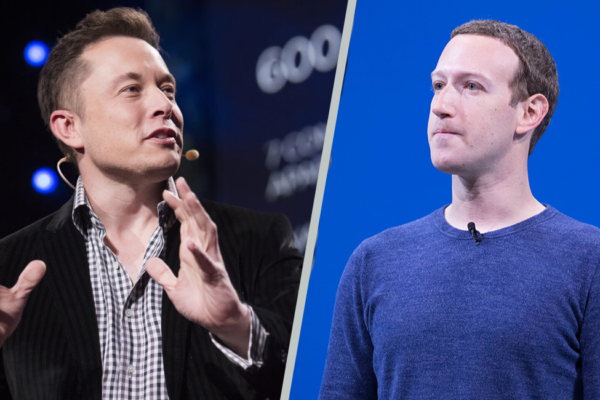In recent days, the world has been informed of the latest developments in the declared war between the owner of X (formerly Twitter) and Brazilian institutions, namely the government and the most influential Brazilian magistrate, regarding the express orders that were given to the social network to remove content and remove accounts. The orders required that it be alleged that such content and accounts had violated the company’s policies, which is false and ended up leading Elon Musk to retaliate.
This situation comes as no surprise to Europeans, especially the Portuguese, who have been exposed to this reality through friends and social networks. In fact, this is where the crux of the issue lies: control of social networks. Control of social networks, commonly referred to with the euphemism “regulation”, is essential for the existence of opinion erasure in the 21st century.
In times gone by, Portugal was under a dictatorial regime for almost half a century, in which all news content had to be pre-approved before being released. There was a National Secretariat of Information, which was in charge of censorship. At its inauguration, Salazar said: “politically, only what the public knows exists exists”. At the time, controlling what the public knew was much easier and was the responsibility of the censors, who famously used a blue pencil to decide what could or could not be shown, according to their personal sensibilities and without any criteria.
Nowadays, the task of controlling the information that reaches the public has become much more difficult due to social media. Traditional media outlets are now extremely subordinate to political agendas, and many television and radio channels are even state-owned. Social media is a “no man’s land”, and that is why it is under fire, not only in the Americas but also in Europe.
It seems like a dystopian reality, but the European Union has normalized censorship on social media, promoting it, beautifying it and softening it, always with noble purposes, such as combating “hate speech” or “disinformation”. Poor European citizens, who must resist all tyrannies, especially those related to the code of conduct against disinformation that was signed by Adobe, Google, Meta, Microsoft, TikTok and Vimeo, and was abandoned by Twitter when it was bought by Elon Musk.
Brussels bureaucrats immediately threatened Twitter. European Commissioner Thierry Breton said that Elon could “run, but he cannot hide” and suggested sanctions – 6% of revenue and, if they continue, they will be banned from operating in Europe. For example, social networks operating in Europe must have “ fact checkers ”, something that X did not present.
Content is arbitrarily removed from social media if it mentions the wrong things. Just a few months ago, an article I wrote for Mises Brasil was removed from my Instagram stories, from the Meta group, for “going against European standards.”
OX continues to be a “no man’s land”, as it should be, and this is infuriating the “owners of the world”. The question that remains is: what is it that scares the globalists so much and that they should keep quiet about?


